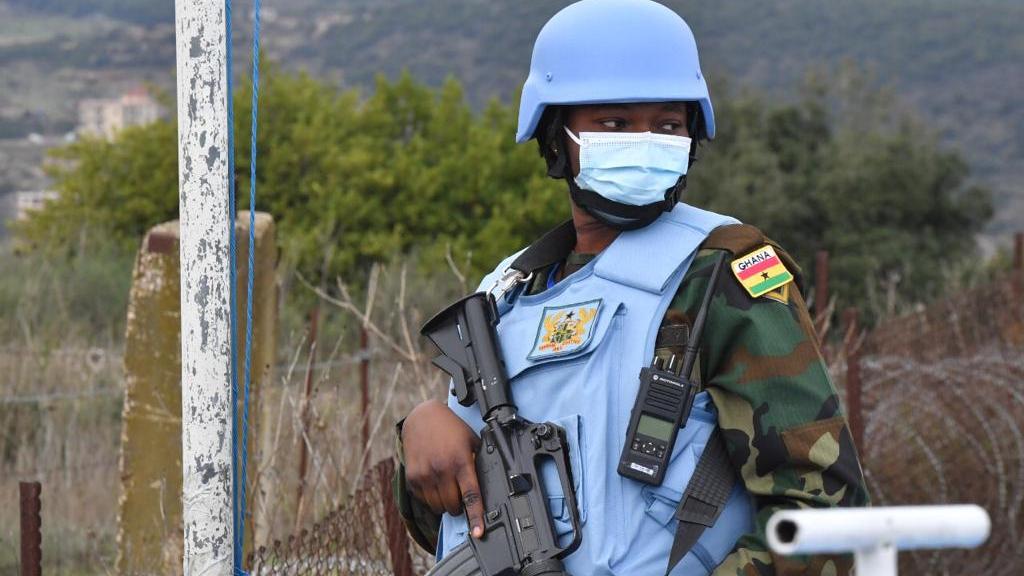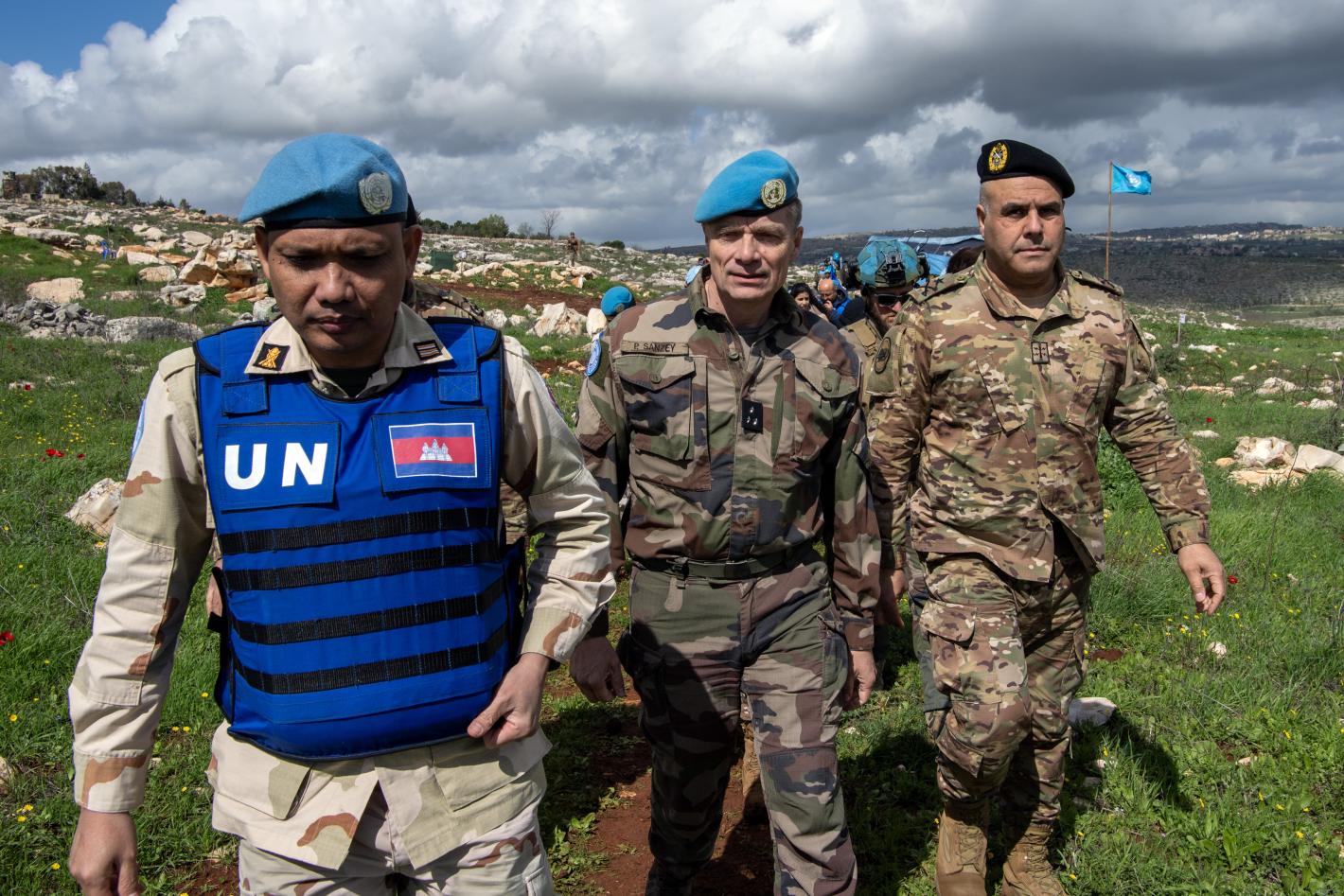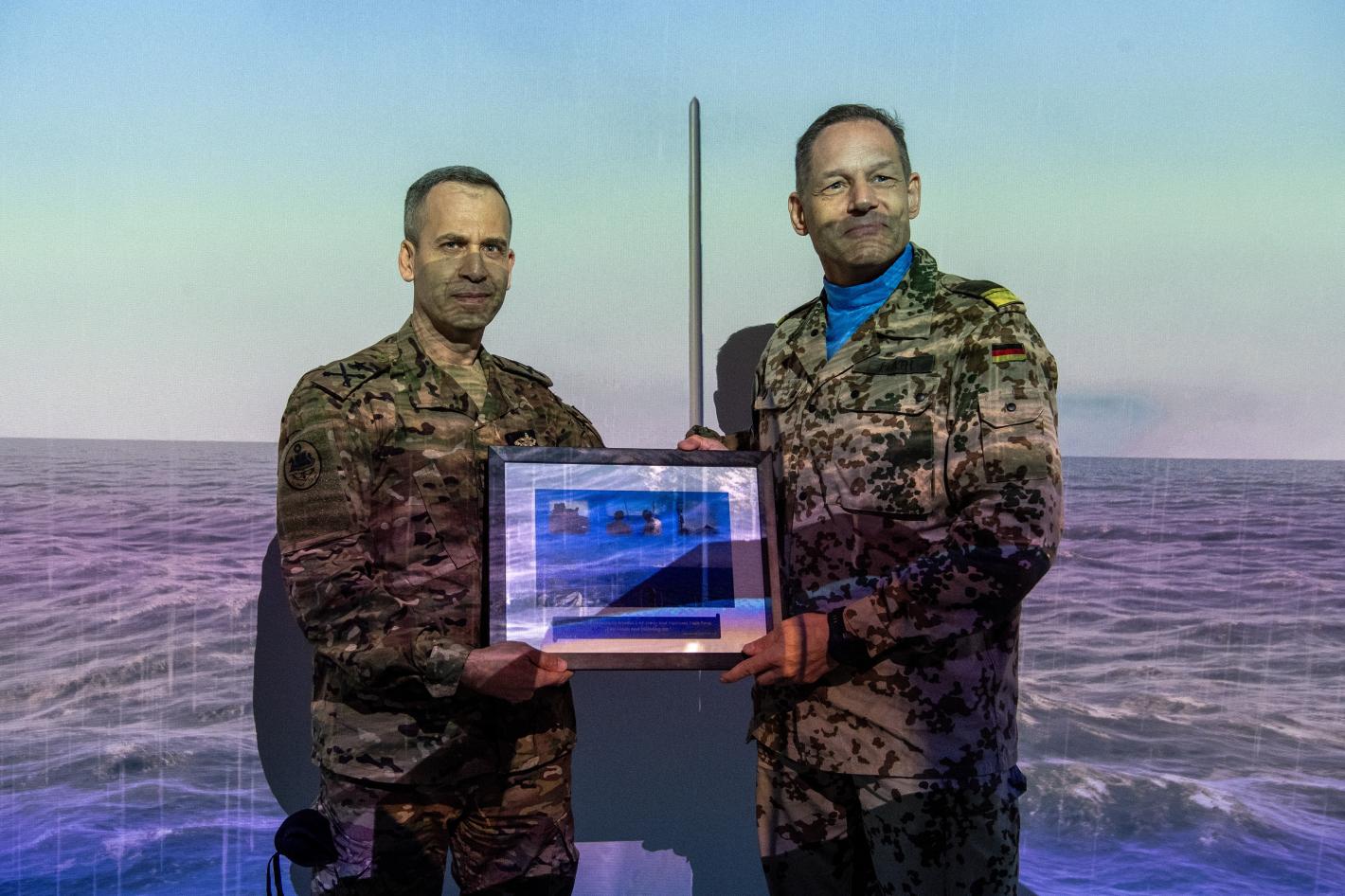Welcome to this additional event to commemorate International Women's Day.
International Women’s Day is an opportunity to celebrate what has been achieved towards realizing women’s rights; and to mobilize around overcoming the remaining challenges. On March 8, we celebrated the International Women's Day with a meeting where we discussed the importance of equal opportunities for women and the importance of participation of women in leadership roles and their experience in leadership as women during COVID times.
To continue the discussion, the speakers today will talk about women in the army and how gender mainstreaming is organized in their respective national armies. Gender mainstreaming does not only have the aim to avoid the creation or reinforcement of inequalities, which can have adverse effects on both women and men. It also implies analyzing the existing situation.
As you know the most important aspect of gender mainstreaming is that women and men benefit equally, and inequality is not perpetuated. And that is what we also strive for in UNIFIL. I hope that the discussion today, and your experience with gender mainstreaming here in UNIFIL, will inspire you to think about gender mainstreaming in your army with the purpose of identifying inequalities.
The aim today is to go into more details, to understand how different TCCs (troop-contributing countries) working with UNIFIL approach gender in the military prospective. Of course, I hope that the different and important experience can support and improve UNIFIL gender mainstreaming to consider always gender in all the phases and aspects of the UNIFIL mission.
Together, we have to develop policies which aim to redress inequalities and undo the mechanisms that caused them. We need to recognize and celebrate progress when we see it. We also need to recognize the roadblocks and challenges we still face.
In our respective institutions, we need to increase and strengthen our efforts to inspire and attract more women to field positions. We must create working and living conditions at our missions that are acceptable to all staff. A legacy of policies and institutional biases that favour men can only be undone with concrete action, resources, and political will.
The COVID-19 pandemic has reversed the progress we had made in this area but the pandemic cannot be used as an excuse to put gender parity efforts on hold. Gender parity is a necessity, and a global pandemic makes it more important than ever. At this point, we need to make a strong commitment and a conscious effort to make up any lost ground. We need to use the current crisis to dismantle gender stereotypes and change our organizational culture.
Gender parity and empowerment of women must be considered in all our plans for our future workforce and working practices.
Women empowerment and participation means providing women and girls the equal access to education, health care, work, and representation in political and economic decision-making processes towards sustainable economies and benefit societies and humanity at large. Implementing new legal frameworks regarding female equality in the workplace and the eradication of harmful practices targeted at women is crucial to ending the gender-based discrimination. Our power structures have been evolving gradually over the years, but we have made considerable improvements in last decades. This is epitomised by the United Nations Security Council Resolution 1325 which is 21 years old this year.
I reiterate the sentiments raised by the Secretary-General that it is time to build an equal future. This is the job for everyone – and for the benefit of everyone. Let us all play our part in making it so.
Thank you, Shukran!
Remarks by: Head of Mission and Force Commander Major General Stefano Del Col






